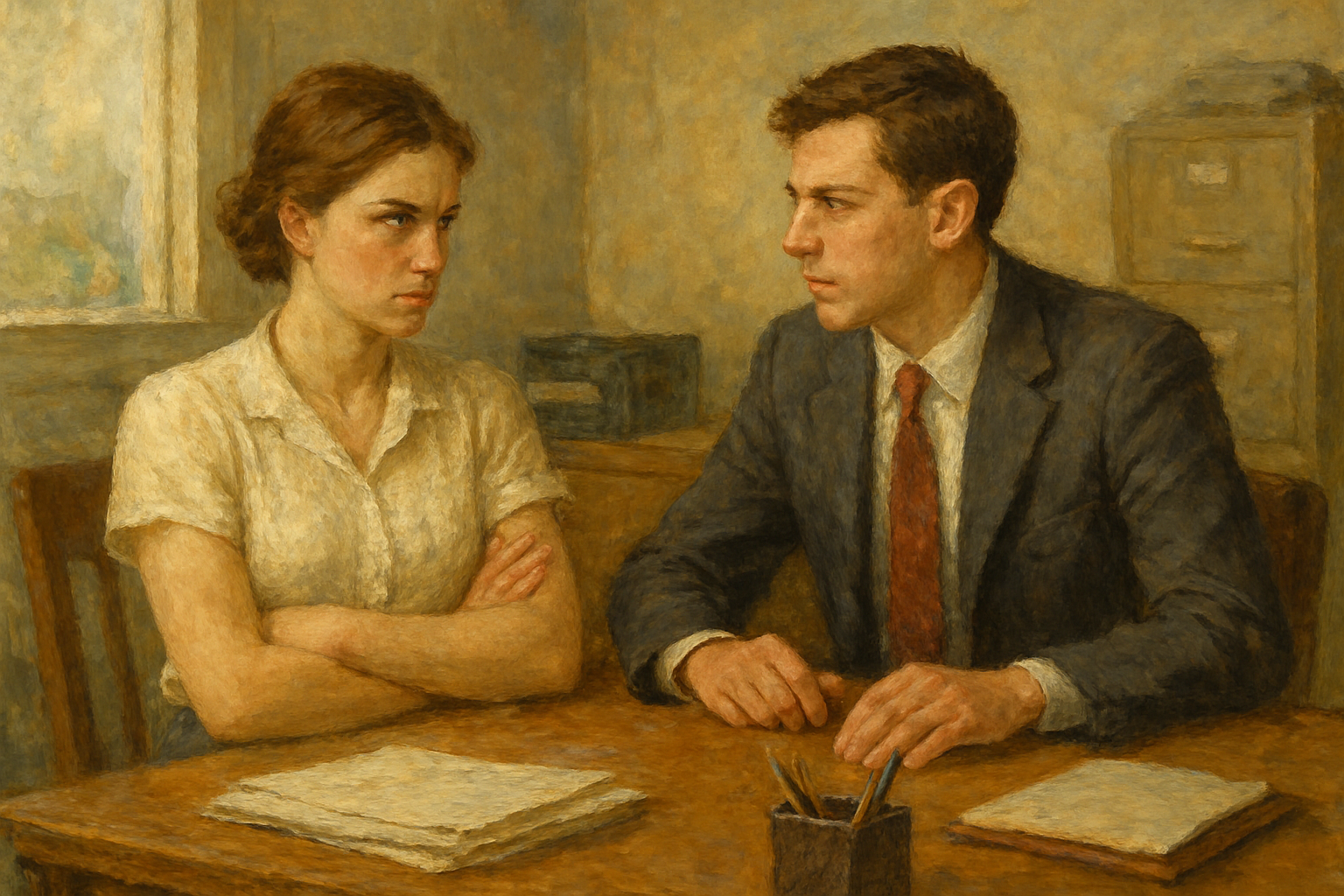Behind the Banter: What “The Hating Game” Teaches Us About Kindness Beneath Competition

On the surface, The Hating Game looks like a story about two people who can’t stand each other. But if you take a closer look, the book isn’t just about rivalry — it’s about understanding. In this final article, we’ll dive into one of the most beautiful hidden messages in the book: how kindness often hides behind masks of competition, sarcasm, and silence.
Let’s explore how Sally Thorne takes something as ordinary as a work rivalry and uses it to tell a bigger story — one about patience, self-respect, and choosing kindness even when it’s tough.
The Iceberg Effect: There’s More Than What You See
One of the biggest ideas in The Hating Game is this: people are not always what they seem.
You meet a character like Josh and think, “He’s cold, grumpy, and mean.” But as the story goes on, you learn that his silence hides shyness, his frowns hide protectiveness, and his tough attitude hides a very gentle heart.
This is true for many people in real life, too. Sometimes, those who seem distant are just trying to protect themselves from getting hurt. Through Lucy and Josh’s journey, the book reminds us not to judge too quickly. Often, behind a hard shell, there’s someone kind, thoughtful, and even caring.
The Playful Mask of Competition
Lucy and Josh are always playing games — from staring contests to trading sarcastic comments in the office. On the outside, it all looks like silly rivalry. But what the book shows us is that competition can sometimes be a way people connect.
When people like each other but don’t know how to say it, they often act like they don’t. It’s easier to tease than to be vulnerable. Through their “games,” Lucy and Josh learn each other’s habits, strengths, and moods. They slowly move from misunderstanding each other to truly seeing each other.
The message here is powerful: sometimes, people push others away not because they don’t care — but because they care too much and don’t know how to express it yet.
Words Matter, But So Does Silence
The Hating Game is filled with funny lines, clever comebacks, and banter. But in between all the noise, there are quiet moments that speak even louder.
Josh, especially, is someone who uses few words — but his small actions (like checking in when Lucy’s sick or quietly noticing her mood) say a lot. The story shows us that while speaking kindly is important, sometimes being present and paying attention means just as much.
It reminds readers that not everyone shows kindness the same way. Some people write it in long letters. Others show it through a soft smile or a gentle act when nobody’s watching.
Protecting Your Heart, While Opening It Slowly
One of the most beautiful things this book teaches is that it's okay to be careful with your heart. Both Lucy and Josh have reasons to be guarded. But what makes their story powerful is how they slowly allow each other to come closer, without rushing the journey.
This teaches readers the importance of emotional boundaries, honesty, and building trust. The book doesn’t show love as instant or perfect — it shows it as something that grows when two people are kind enough to listen, learn, and let each other in.
You Never Know Until You Know
At its heart, The Hating Game is a story about not jumping to conclusions. Just because someone seems rude doesn’t mean they’re unkind. Just because two people argue doesn’t mean they don’t care. And just because you don’t say something out loud doesn’t mean it’s not deeply felt.
Sally Thorne shows us that love can grow from unexpected places — even between two people who seem completely different. And more importantly, she reminds us that kindness, though quiet and often hidden, is always powerful.
Through playful rivalry and slow discovery, The Hating Game teaches a message far deeper than its romantic surface: Kindness is not always loud. Sometimes, it hides behind awkward silences, sarcastic words, or even a cold stare. But it’s there — waiting to be seen.
So the next time you meet someone who seems tough, remember: everyone has a story. And sometimes, the biggest hearts wear the strongest armor.